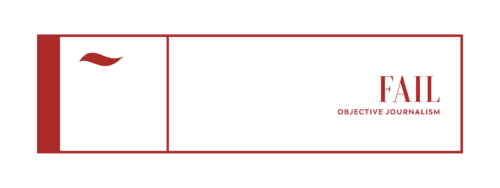Fake News
BREAKING: Facebook/Meta Admits to Over-the-Top Censorship?

Meta, the tech behemoth behind Facebook and Instagram, has finally admitted what many of us knew all along: their content moderation policies during the pandemic and election cycles were an overreach. In a report released yesterday, Meta acknowledged its error rates were “too high,” with President of Global Affairs Nick Clegg conceding that “too often, harmless content gets taken down or restricted, and too many people get penalized unfairly.”
Gee, you don’t say.
Clegg’s acknowledgment that Meta “overdid it a bit” when it came to COVID-19 censorship rings especially hollow. This isn’t just about a “bit” of overreach—it’s about years of deliberate silencing of dissenting opinions, satire, and even accurate information that didn’t align with the mainstream narrative.
Let’s not forget that CEO Mark Zuckerberg testified in August that the Biden administration actively pressured Meta to suppress certain COVID-19 content. This wasn’t just private enterprise making poor decisions—it was a chilling fusion of government influence and corporate compliance, wielding censorship as a weapon.
While Meta may now claim some level of regret, its actions have left deep scars. Countless creators, commentators, and everyday Americans have been penalized, shadowbanned, or outright deplatformed for simply voicing their perspectives.
And yet, while Zuckerberg is now cozying up to President-elect Donald Trump at Mar-a-Lago—an ironic twist, given his platforms banned Trump just three years ago—ordinary Americans are left grappling with the fallout. Apologies and reports won’t restore the trust that’s been shattered, nor will they compensate for the voices lost in the digital void.
Meta owes Americans much more than a half-hearted mea culpa. A true reckoning would require full transparency, an end to censorship practices, and safeguards to ensure that neither government pressure nor corporate overreach stifles free speech again. Until then, this “apology” is nothing more than damage control—and it’s far too late to repair the damage done.
